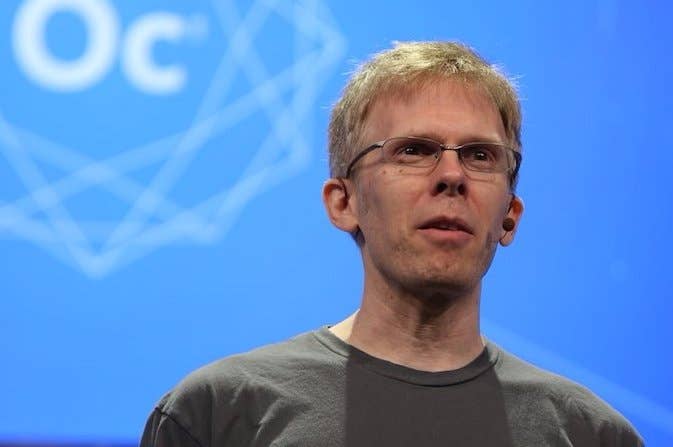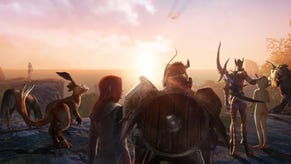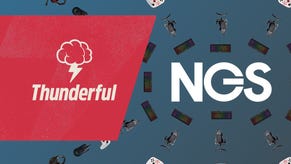John Carmack says VR devs are "coasting on novelty"
CTO asks Oculus Connect audience to raise its game and shift focus to mobile
John Carmack has impressed the need for developers to push beyond the "novelty" factor that continues to dominate the software content on VR platforms.
Speaking at the close of Oculus Connect last week, the company's CTO told the crowd that, as a community, VR developers, "need to be harder on ourselves." In particular, he implied that a lot of VR software doesn't offer the same value to consumer as a non-VR experience.
"We are coasting on novelty, and the initial wonder of being something people have never seen before," he continued. "But we need to start judging ourselves. Not on a curve, but in an absolute sense. Can you do something in VR that has the same value, or more value, than what these other [non-VR] things have done?"
"We need to start judging ourselves. Not on a curve, but in an absolute sense"
Carmack discussed "objective measurements of quality." He mentioned the need to improve UI design, and questioned the absence of voice control in VR apps, but he picked out loading times as a point of focus. Elsewhere in the industry, he said, development teams are "fighting and struggling" to reduce load times to 29 seconds or less, but that standard is simply too much for VR.
"That's acceptable if you're going to sit down and play for an hour....but [in VR] initial startup time really is poisonous. An analogy I like to say is, imagine if your phone took 30 seconds to unlock every time you wanted to use it. You'd use it a lot less."
Carmack continued: "There are apps that I wanted to play, that I thought looked great, that I stopped playing because they had too long of a load time. I would say 20 seconds should be an absolute limit on load times, and even then I'm pushing people to get it much, much lower."
As a parting shot, though, Carmack returned to avoiding the allure of novelty as, "the biggest thing I want to impress on people." Almost every developer makes that mistake to some extent, he said.
"This is misguided. It's not just that it hurts your performance, or the visual quality isn't as good; it's actually the wrong thing to do."
"It's not going to be a higher and higher bar for performance; it's going to be a lower and lower bar for adoption"
Elsewhere in his closing keynote, Carmack also played booster for mobile VR, which he described as "the future" of the medium, reminding the audience that, "it's still not easy to make a Gear VR app."
"There might be a hundred million PCs that can do this, but I believe in the mission that Facebook had when it bought into Oculus, of having a billion people in VR," he said. "So it's not going to be a higher and higher bar for performance; it's going to be a lower and lower bar for adoption."
Carmack predicted that VR on PC would become "the creative class" and a "laboratory," where ideas are formed that can be, "[pushed] out to the lower-end systems." Fundamentally, he appeared to be addressing a tendency among developers to be drawn to the bleeding-edge, even when that technology has a more limited reach.
"Find old-timers, anybody that worked on an Xbox or an original Gamecube or something like that, and tell them your minimum clock speed is 800 megahertz or something. They'll say, 'Megahertz?!'
"It's absolutely possible to still do great things with that."









